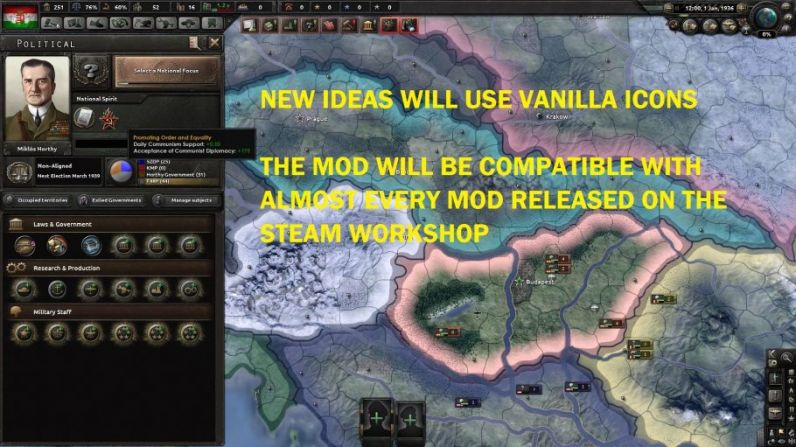


Both will compete for the electorate that has been disappointed by the AKP – a group that is slowly but steadily growing. Earlier last December, former Minister of Foreign Affairs (MFA) and later Prime Minister (PM) Ahmet Davutoğlu formed his own Future Party (GP). The party name, DEVA (“remedy”), is also the acronym for the Democracy and Progress Party. Former President Abdullah Gül is known to be supportive of the party, even though he and his close associates did not have an official role in its formation. On March 11, former Deputy Prime Minister Ali Babacan announced the formation of his long-awaited political party. In a country that is deeply divided into two almost equal-sized camps that support Erdoğan and oppose him, even a small fraction of votes shifting from the AKP to the opposition can be a game changer. The importance of both parties relies on their potential to attract votes from the AKP base. Davutoğlu’s strategy has better chances in the short term, whereas Babacan is poised for a long game. Davutoğlu is aiming for the more conservative voters, focusing on the moral shortcomings of the current regime. Babacan is trying to position himself at the center of Turkey’s ideological spectrum and emphasize issues of good governance and the rule of law. Although the leaders of the two new parties, Ali Babacan and Ahmet Davutoğlu, are both former high-ranking AKP politicians, they differ significantly in their style of politics and ideological leanings. The recent emergence of two splinter parties from the Justice and Development Party (AKP) points to a deepening crisis within the party and growing discontent toward party leader and president, Recep Tayyip Erdoğan.


 0 kommentar(er)
0 kommentar(er)
